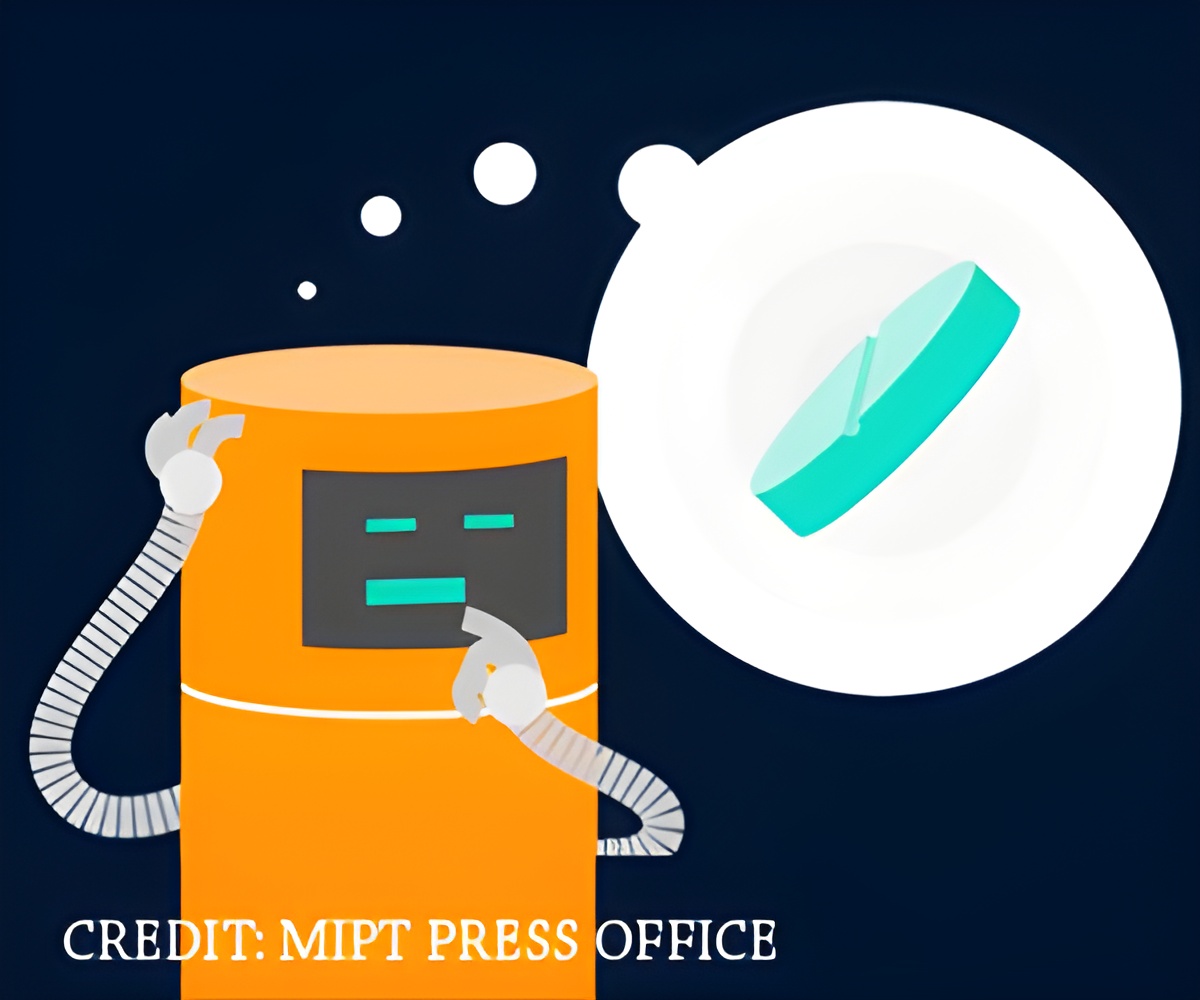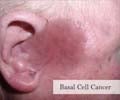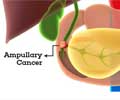MYCN-amplified neuroblastoma cells are highly sensitive to an investigational drug called ABT-199 which regulates a form of cell suicide.

‘Neuroblastoma is the most common cancer in infancy, with an incidence of about 650 cases per year in the U.S which originates in the adrenal glands.’





Anthony Faber, Ph.D., and a team of scientists demonstrated that MYCN-amplified neuroblastoma cells are highly sensitive to an investigational drug called ABT-199 that is currently being evaluated in clinical trials for another disease. After determining why ABT-199 was so effective in MYCN-amplified neuroblastoma, they began a process of looking for other drugs that increased its effectiveness. Eventually they discovered that another investigational drug called MLN8237 complements ABT-199 and is very effective at killing neuroblastoma tumors in laboratory experiments and advanced mouse models. "The positive preclinical activity and safety profile of this targeted therapy combination will hopefully set the stage for clinical trials in a subset of neuroblastoma patients who urgently need new, more effective therapies," says Faber, assistant professor at the Philips Institute for Oral Health Research at the VCU School of Dentistry and a member of the Developmental Therapeutics research program at VCU Massey Cancer Center.
ABT-199 targets the protein B-cell lymphoma 2 (BCL2), which regulates a form of cell suicide known as apoptosis. Faber's team found that ABT-199 kills neuroblastoma cells only in the presence of amplified MYCN. They found this selectivity was due to paradoxical upregulation (cellular increase) of the pro-apoptotic (suicidal) protein NOXA in this type of cancer. The process is paradoxical because amplified MYCN is responsible for the formation and growth of these high-risk tumors and would not ordinarily be associated with promoting cell death. Their strategy was therefore to "turn MYCN against itself," finding vulnerabilities specific to this cancer, such as MYCN-upregulated NOXA, and treating the cancer with a drug that exploits the vulnerability.
The addition of a second investigational drug, MLN8237, to ABT-199 led to widespread cell death in the experiments. The researchers attributed this outcome to a further imbalance in the BCL-2 family member proteins, which govern cell death. The toxic effects of the two drugs were only seen in MYCN-amplified neuroblastoma cells; the combination therapy was not effective against neuroblastomas without amplified MYCN.
"Fortunately, our primary collaborator, Yael Mossé at the Children''s Hospital of Philadelphia (CHOP), treats a high volume of these patients and has been a trailblazer for developing targeted therapies, including MLN8237, in neuroblastoma. We also have a good relationship with the drug maker, Abbvie, that produces ABT-199; therefore, we believe we are in a good position to hopefully bring the ABT-199/MLN8237 combination into the clinic at CHOP," says Faber. "In addition, we are also exploring ABT-199 as a chemosensitizer (makes cells more sensitive to chemotherapy) in MYCN-amplified neuroblastomas with Dr. Mosse''s team. Overall, it seems there may be a place for BCL-2 specific inhibitors in the future care of these patients, and we are excited about that.
"These advances would not have been possible without the financial contributions of our supporters, including the Massey Cancer Center, and our private donors, who have been true blessings to our work and include Alex''s Lemonade Stand, Rally/The Truth 365 and Wipe out Kids'' Cancer. We greatly appreciate their support."
Advertisement
Source-Newswise















